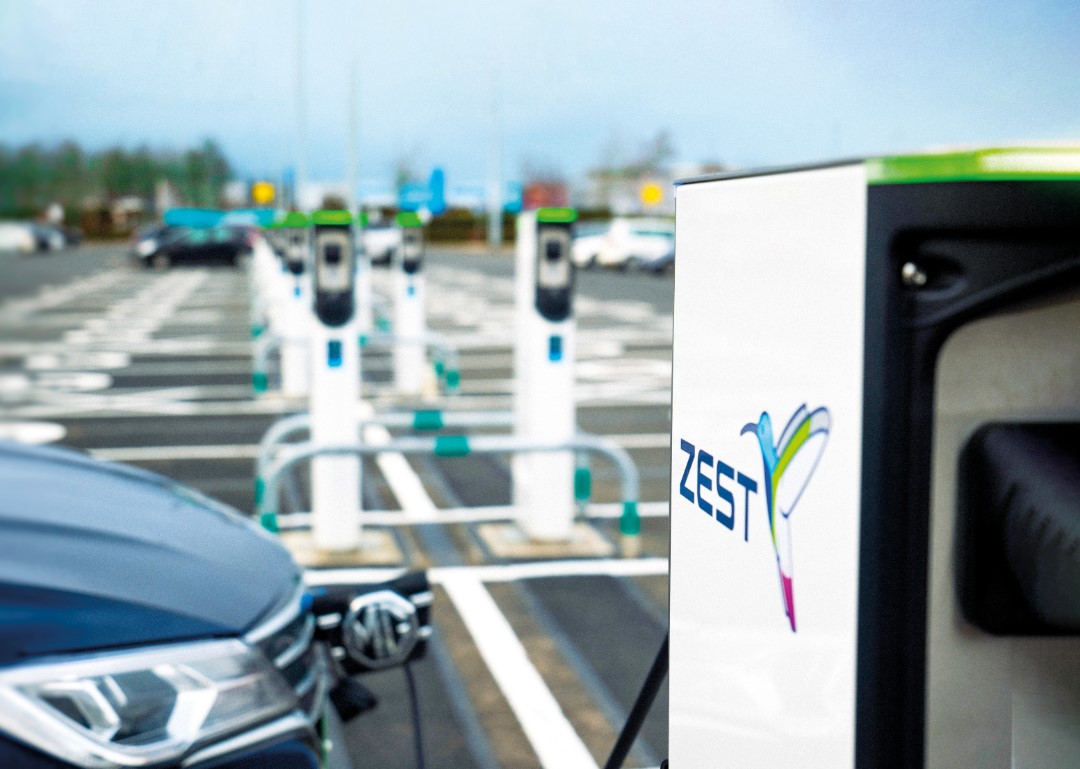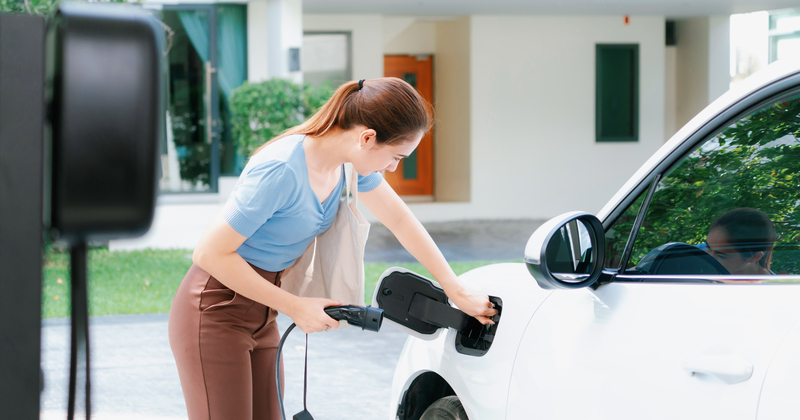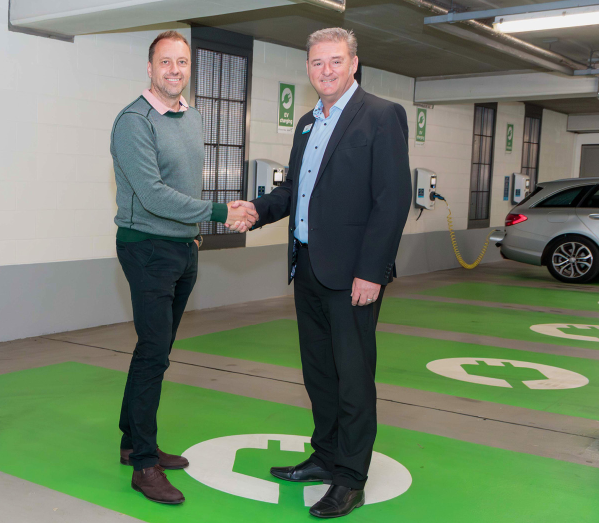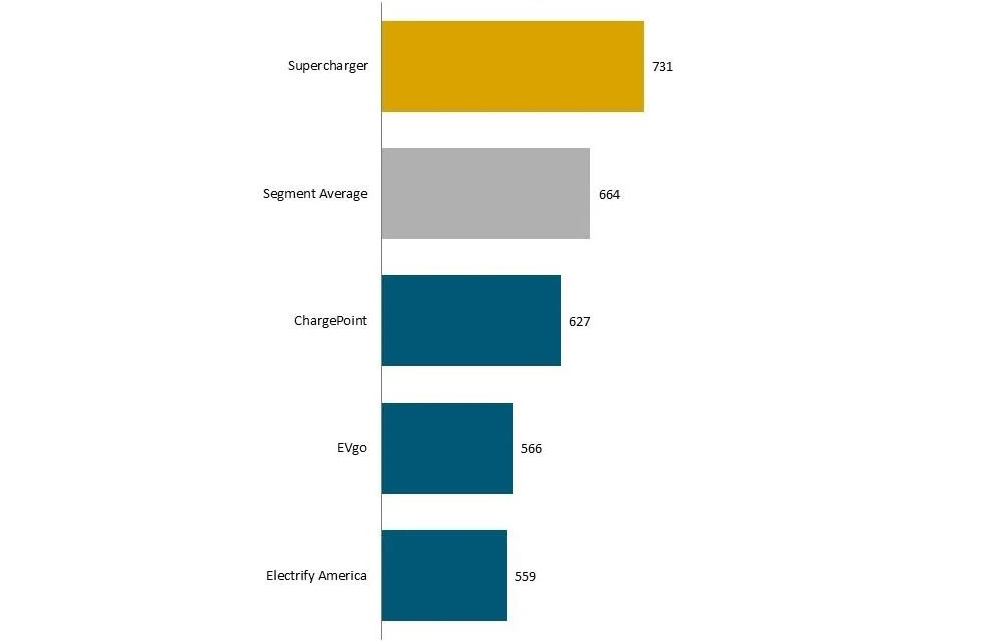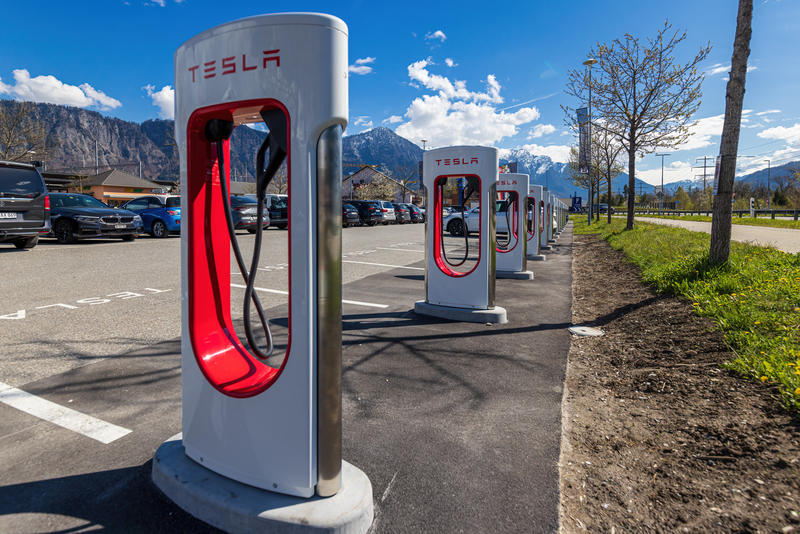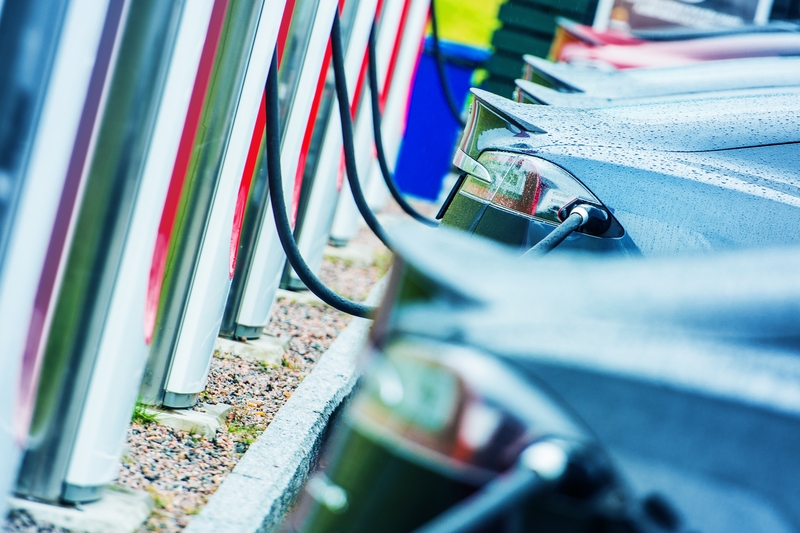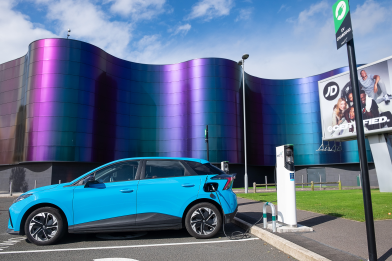
The Charging Infrastructure Investment Fund (CIIF) backed EV charging company, commissioned surveys in the UK by CACI, data and insight specialists focused on people and place, to better understand attitudes of both EV and non-EV owners.
Of the UK EV owners surveyed, 88% currently use public charge points, a figure consistent with similar research conducted in 2021, equating to a larger pool of EV drivers given the growth in ownership since. More than this, 71% of EV owners able to charge at home still use public charging at least once a week, and nearly a third don’t have a private charge point at home at all, showcasing the value of the infrastructure.
When it came to attitudes around charging at retail-led destinations, almost all (97%) EV owners surveyed stated they would look to visit more often with an improved charging experience, something that would also encourage 82% to visit one centre over another. Amongst the improvements suggested, faster and more reliable charging featured heavily, key considerations for future projects given EV drivers’ trip values could increase by up to 41% through a better charging experience. This was calculated based on over half of EV owners (52%) stating they would spend more than half an hour longer at a destination, boosting turnover as more would engage with the likes of grab and go, retail, and restaurants within this extra time.
Looking at broader EV sentiment, it is becoming both more popular and more accessible. 16% of all cars sold in 2023 so far have been EVs, and the increasing prevalence of EVs as company cars means usage is more balanced across all income groups. Company EV drivers are very satisfied with its utilisation, with lower range anxiety and being more likely to purchase one as their next private vehicle.
“There’s no doubt that the places that take a proactive approach to EV charging infrastructure now will benefit in the future,” said Robin Heap, Zest CEO. “The vast majority of EV drivers charge outside their home, even if they have private charging, so the opportunity is there now to attract the spend and engagement from this ever-growing market. This research evidences that perfectly, and will hopefully only add momentum to the drive for more public charge points.
“A place is only successful if it truly delivers for the people that spend their time and money there; EV charging has quickly moved from a niche addition serving a small number of early adopters, to a key component, one that is really adding value,” said Tolga Necar, principal consultant at CACI. “Our research shows just how important public charging is – how willing EV owners are to up their engagement with a destination if the infrastructure meets their expectations, and indeed the overall positive perception good charging creates for a place, amongst EV and non-EV owners alike. We’d certainly encourage any landowner that hasn’t thought about EV charging yet to do so now, following a data-led approach that understands who their customers are and will be, ensuring the volume and types delivered are fit for now and in the future.”



